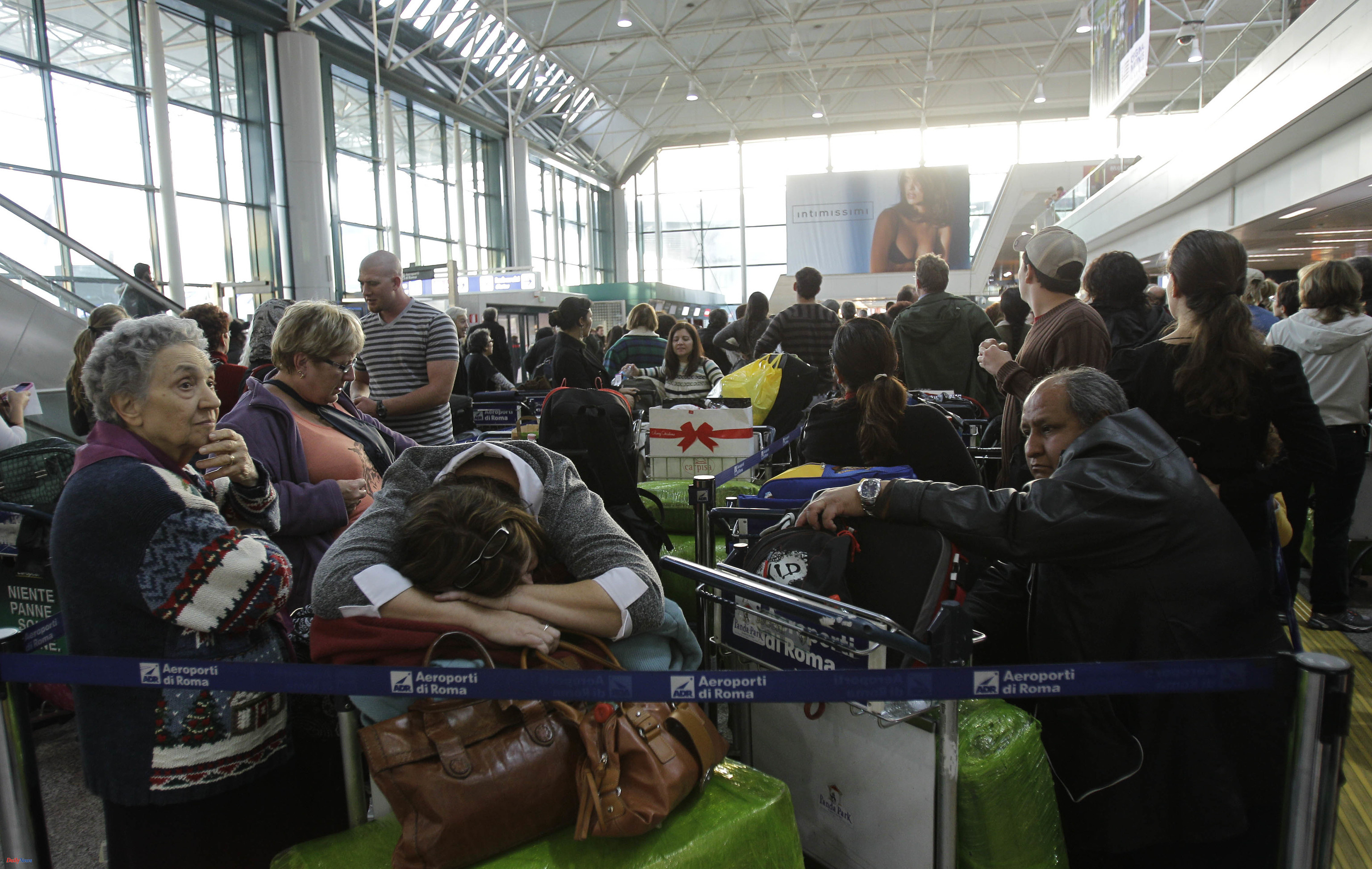In recent days, pages have appeared on Facebook offering fictitious lost luggage that was never collected at airports, inside which there are valuable objects such as smartphones, jewelry, computers or branded sunglasses, for ridiculous sums, around the two euros. But it is a scam with the intention of obtaining credit card information and stealing money.
The operation is very simple. The authors of the scam create an advertisement with a fraudulent page within the social network, which shows numerous pieces of luggage. In the description that accompanies the advertisement it is stated that the Rome Fiumicino airport (which has nothing to do with this activity) has put on sale for 1.95 euros lost luggage that has been stored for more than six months and that, if Otherwise, they could be discarded. This is confirmed in several comments, made by fake profiles. The operation is similar to the scam of fake Amazon packages that can be purchased for two euros.
The intention is to direct the victim to a site (managed by the perpetrator of the fraud) to make the payment. This way, thieves will be able to steal confidential information, money and credit card details. If you have fallen for deception, you must immediately block the card or payment method used and file a report with the Police. It is not just a scam in Italy, cases have also occurred in other countries.
One should not blame themselves if they fall for these types of scams. They are often well thought out and articulated, developed so that the user falls into them with ease. In fact, the perpetrators use manipulation techniques to get what they want (i.e. money or data to resell). In this case, fake profiles were created to confirm the reliability of the advertisement, sharing photos of the luggage and plausible descriptions. In most cases these are profiles created ad hoc, or stolen from other victims. In this case, the technique of social disapproval is used: false comments can inspire confidence and security in the authenticity of the advertisement.
Lost luggage is stored at the airport for a period of time so that, if it is not claimed by its rightful owner, its contents can be auctioned (actually, also online). Forms are provided at the airport to claim lost objects and luggage.
Some official entities are also in charge of auctions, but the costs are higher. In addition, there are authentic resale sites for lost items at airports, such as Unclaimed Baggage. But its history has deep roots: it begins in the seventies.












